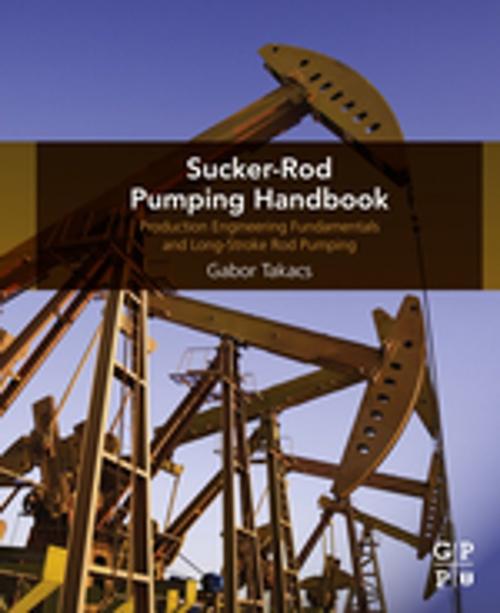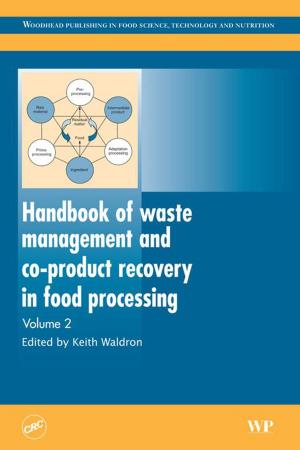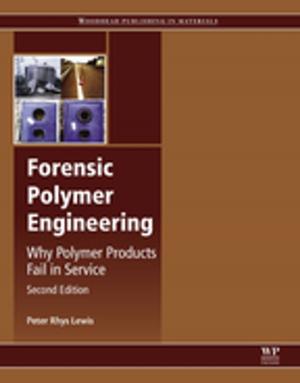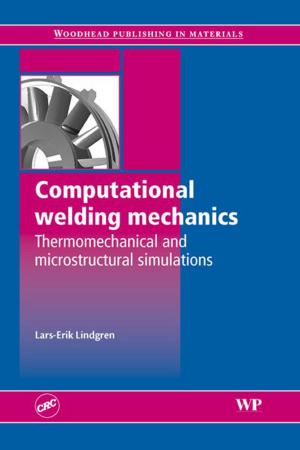Sucker-Rod Pumping Handbook
Production Engineering Fundamentals and Long-Stroke Rod Pumping
Nonfiction, Science & Nature, Technology, Hydraulics, Engineering, Mechanical| Author: | Gabor Takacs | ISBN: | 9780124172128 |
| Publisher: | Elsevier Science | Publication: | May 2, 2015 |
| Imprint: | Gulf Professional Publishing | Language: | English |
| Author: | Gabor Takacs |
| ISBN: | 9780124172128 |
| Publisher: | Elsevier Science |
| Publication: | May 2, 2015 |
| Imprint: | Gulf Professional Publishing |
| Language: | English |
Sucker-Rod Pumping Handbook presents the latest information on the most common form of production enhancement in today’s oil industry, making up roughly two-thirds of the producing oilwell operations in the world. The book begins with an introduction to the main features of sucker rod pumping and an explanation and comparison of lift methods. It goes on to provide the technical and practical knowledge needed to introduce the new and practicing production engineer and operator to the equipment, technology, and applications required to maintain optimum operating conditions. Sucker-Rod Pumping Handbook is a must-have manual that ensures operators understand the design, components, and operation of sucker rod pump systems, learn the functions of the systems, apply the fundamental production engineering theories and calculations, and accomplish maximum system efficiency by avoiding the typical pitfalls that lead to fatigue and failure.
- Covers basic equipment, techniques, and codes to follow in a comprehensive and easy-to-understand format
- Helps users grasp common handling problems that lead to failures
- Provides analysis of sucker rod pump installations, including well testing, dynamometer surveys, and modern interpretation methods
- Aids operators in understanding and applying fundamental production theories and calculations of operational parameters
Sucker-Rod Pumping Handbook presents the latest information on the most common form of production enhancement in today’s oil industry, making up roughly two-thirds of the producing oilwell operations in the world. The book begins with an introduction to the main features of sucker rod pumping and an explanation and comparison of lift methods. It goes on to provide the technical and practical knowledge needed to introduce the new and practicing production engineer and operator to the equipment, technology, and applications required to maintain optimum operating conditions. Sucker-Rod Pumping Handbook is a must-have manual that ensures operators understand the design, components, and operation of sucker rod pump systems, learn the functions of the systems, apply the fundamental production engineering theories and calculations, and accomplish maximum system efficiency by avoiding the typical pitfalls that lead to fatigue and failure.
- Covers basic equipment, techniques, and codes to follow in a comprehensive and easy-to-understand format
- Helps users grasp common handling problems that lead to failures
- Provides analysis of sucker rod pump installations, including well testing, dynamometer surveys, and modern interpretation methods
- Aids operators in understanding and applying fundamental production theories and calculations of operational parameters















